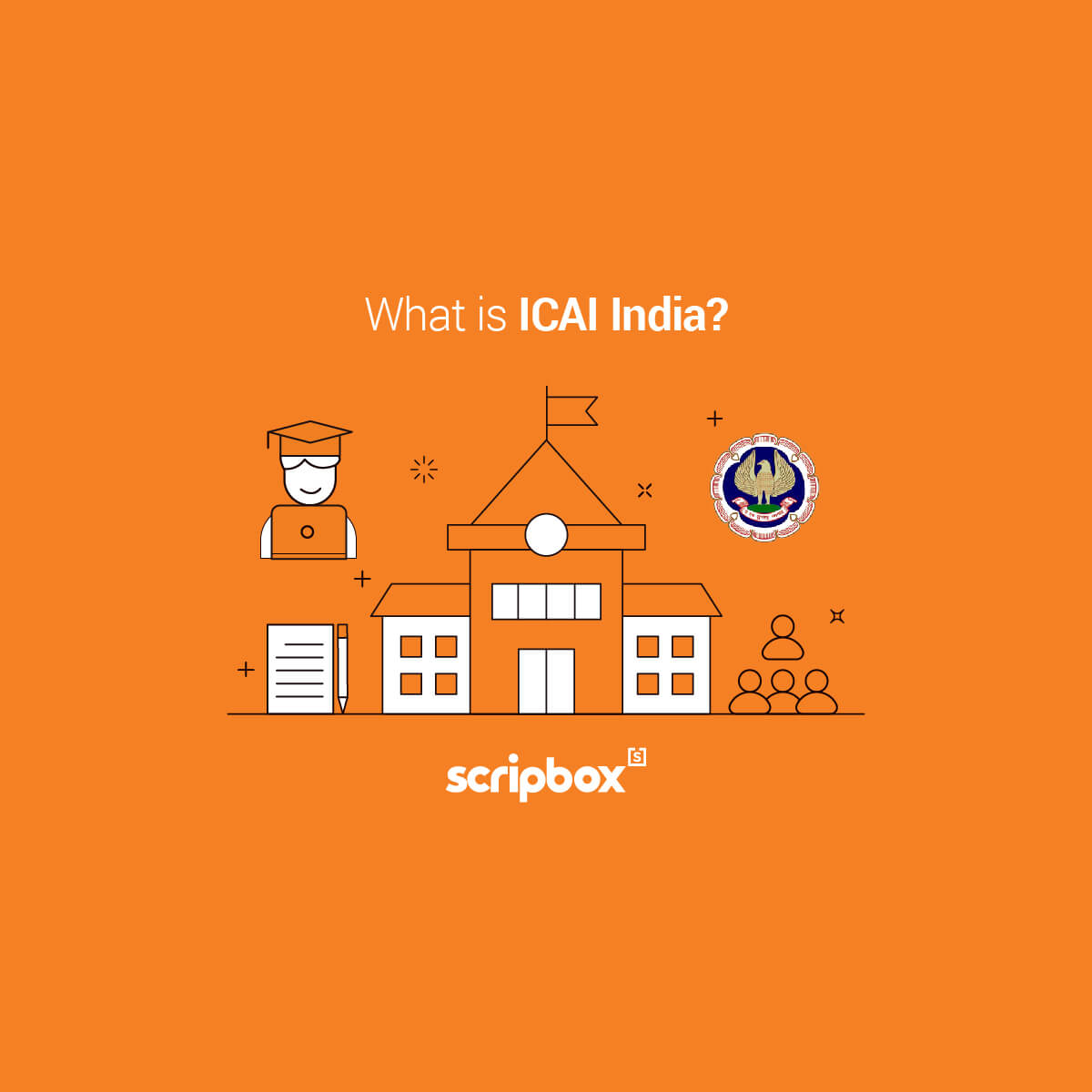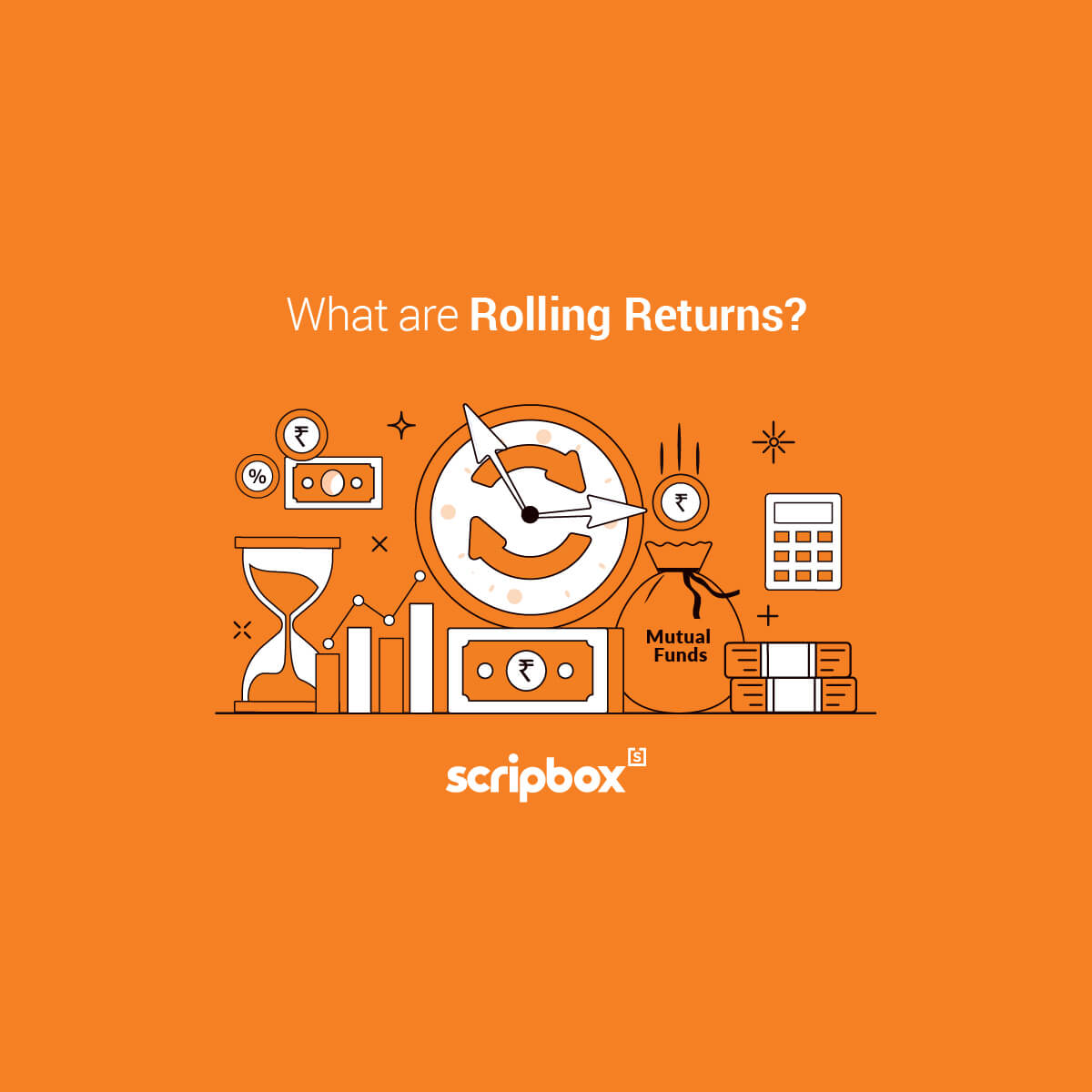There are several types of mutual fund schemes available in the market. SEBI has categorised different types of schemes to help investors understand them better. Also, this categorisation is based on the underlying assets they invest in, investment horizon, etc. This categorisation is open-ended funds, closed-ended funds and interval funds. In this article, we will understand interval funds in detail.
What are Interval Funds in India?
Interval funds are a type of mutual fund where investors can purchase or sell the fund’s units only during the interval period specified by the fund house. These funds invest in both equity and debt securities but mostly invest in debt securities. Also, interval funds have the feature of both open-ended and close-ended funds. They are also very similar to Fixed Maturity Plans (FMPs), where money is locked in for a fixed duration. Unlike FMPs, where investors can subscribe during launch and redeem at maturity, interval funds provide multiple entry and exit points. The time intervals are pre-decided and can be monthly, quarterly, or annually.
For instance, an annual interval fund will be locked for one year, following which it will reopen for purchase and redemption for the next two business days. Subsequently, it will close again.
explore our article on capital protection funds
Best Interval Funds to Invest in 2026
| Fund Name | AUM in Crores | SIP Minimum | Lock In |
| Nippon India Interval Fund Monthly Interval Fund | 4.028 Cr | 0 | No Lock-In |
| UTI Fixed Income Interval Fund | 3.613 Cr | 0 | No Lock-In |
| IDFC Yearly Series Interval Fund | 50.186 Cr | 0 | No Lock-In |
How does Interval Funds Work?
Interval funds are a blend of both open-ended and close-ended mutual funds. These funds are similar to close-ended funds, which you cannot redeem before maturity. Also, some funds may be listed on a stock exchange.
During specific time intervals, fund houses may allow redemption at the prevailing Net Asset Value (NAV). The investment is for a fixed tenure in these funds, the fund manager gets an opportunity to create a solid investment strategy. They need not worry about redemptions and liquidity. Hence, they invest in securities for a tenure that matches the fund’s maturity and delivers better returns.
Who Should Invest in Interval Funds?
Interval funds are suitable for investors who are looking to invest in unconventional assets. These funds invest in illiquid assets that are generally not listed on stock exchanges. For example – include private assets, forestry tracts, loans and commercial property. Investors with low-risk tolerance levels with short to medium-term financial goals can consider investing in these funds. However, the money is locked for a fixed period. Therefore, it is not ideal for investors looking for immediate liquidity.
Things to Consider Before Investing in Interval Funds
Risk
these funds cannot be helpful in case of any financial emergency. They are illiquid and investors cannot redeem them as there is no secondary market. Also, if you are ready to pay an exit load, you cannot exist before or after the specific period. Hence, you must consider investing in them if you don’t have any immediate financial requirements.
Returns
These funds are suitable for a short term period. However, the returns are comparatively lower than other mutual funds. Hence, it is essential to align your funds with your financial goals.
Investment horizon
the funds are more suitable for achieving short term goals. You can match your investment horizon with the maturity date of these funds by earning short term returns. Therefore, you must have concrete goals to utilise the lump sum upon maturity.
Financial Goals
These funds are debt schemes and suitable for investors looking for fixed lump sum amounts at a predetermined time. Also, investors who are not sure about their investment tenure can consider investing in this scheme. They can match their investment horizon with the time interval of redemption. Moreover, this fund is appropriate for investors with low-risk tolerance levels.
Taxation
The taxation of these funds depends on the quantum of their underlying investment in equity or debt. If a minimum of 65% of the portfolio is in debt instruments, it is a debt fund. Similarly, if a minimum of 65% is in equity instruments, it is an equity fund. However, most of the interval funds are debt funds. The long term capital gains (LTCG) are taxable at 20% with indexation if the holding period is more than 36 months. The short term capital gains (STCG) are taxable as per the individual’s income tax slab rate if the holding period is less than 36 months.
From April 1st 2023, capital gains from debt fund investments will be taxed as per the investor’s income tax slab rate, irrespective of the holding period. This is in accordance with the Finance Bill 2023.
As an investor, you must read the offer document carefully and check the asset allocation that the scheme follows to understand the tax rates. Also, this will help you plan your investment in the portfolio based on your investment horizon and financial goals.
Discover More























Show comments